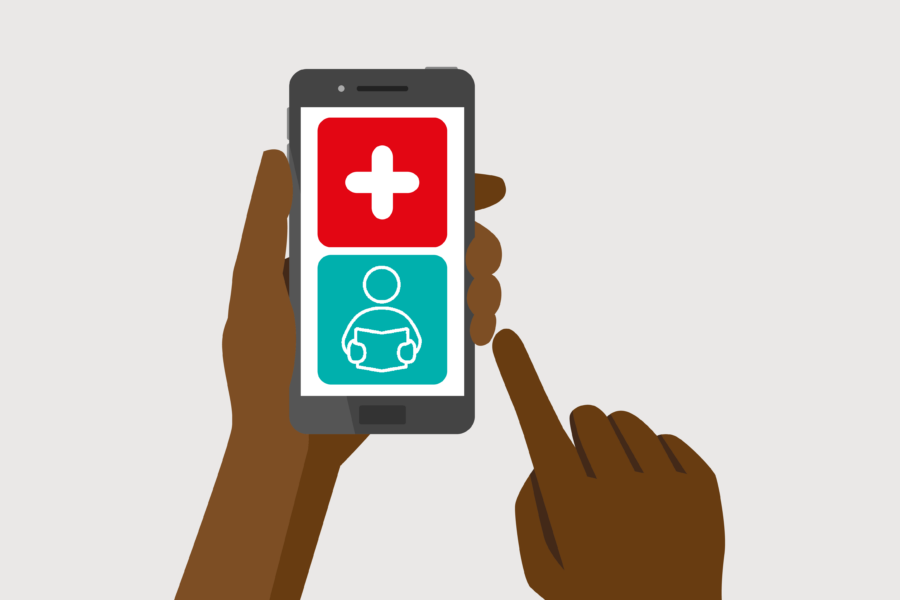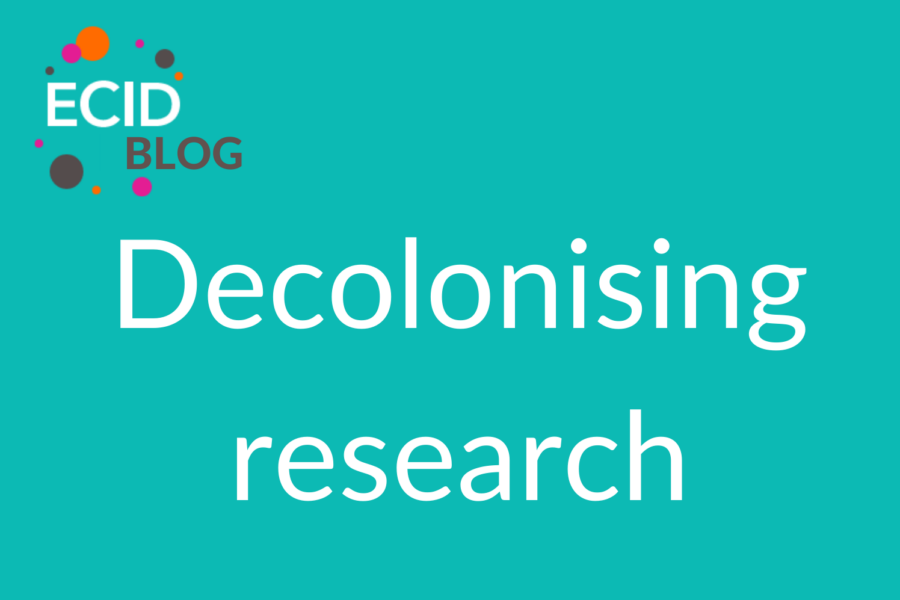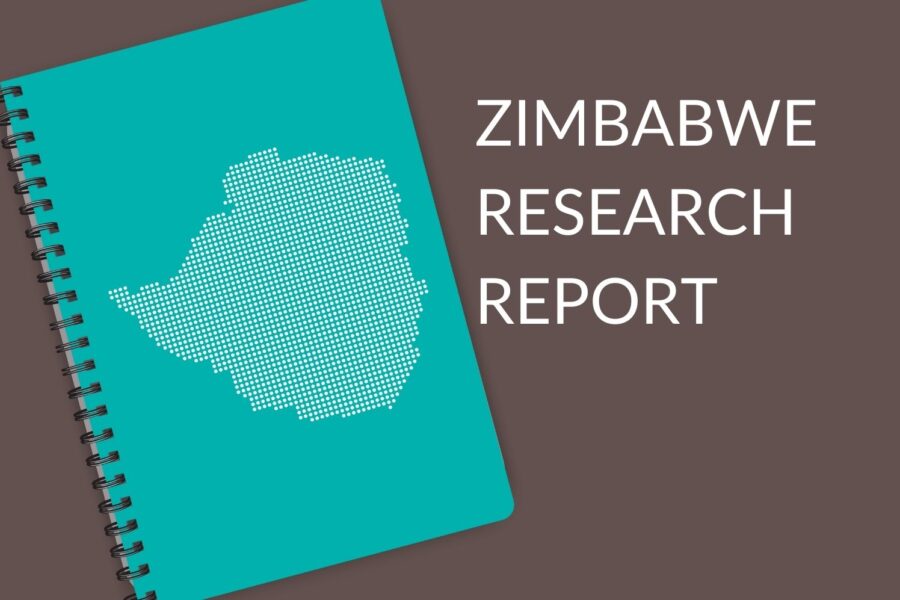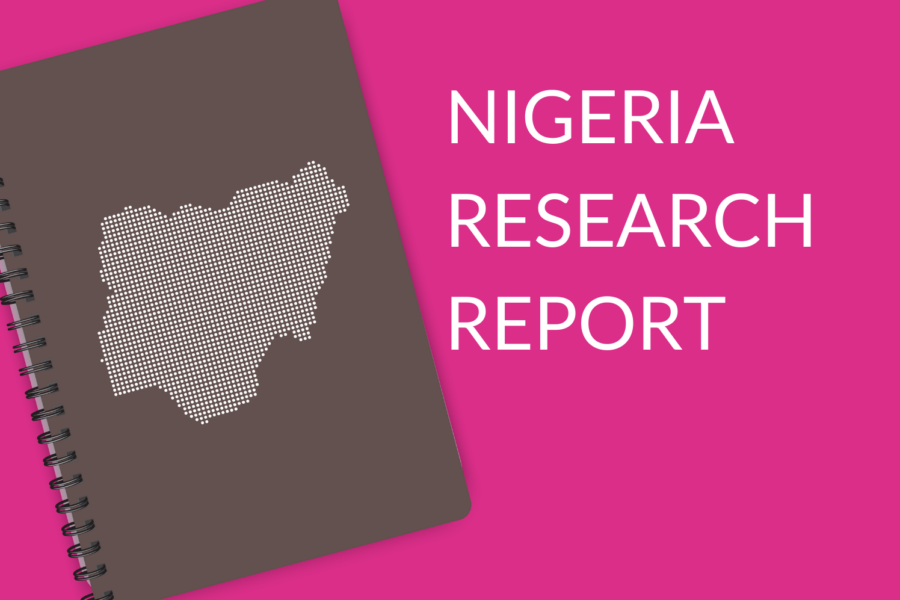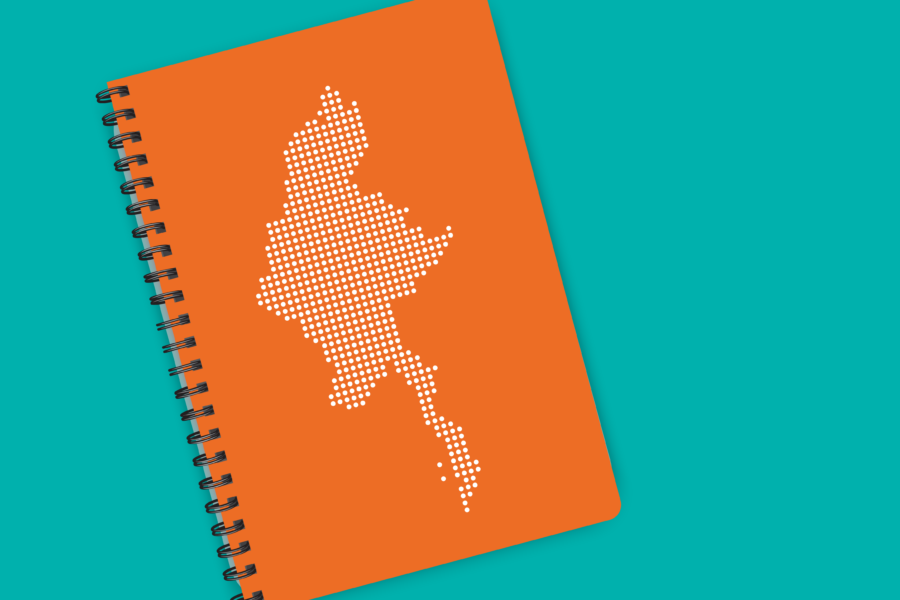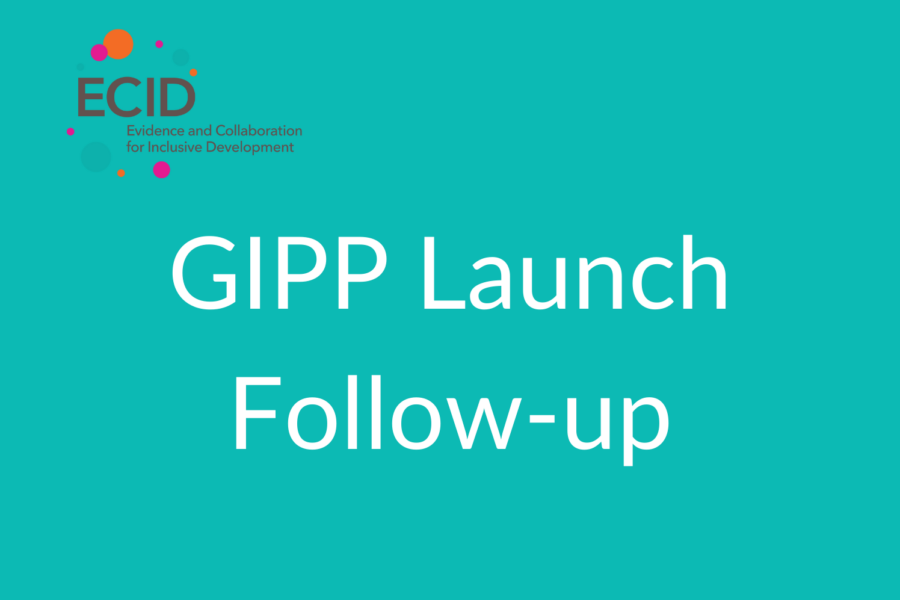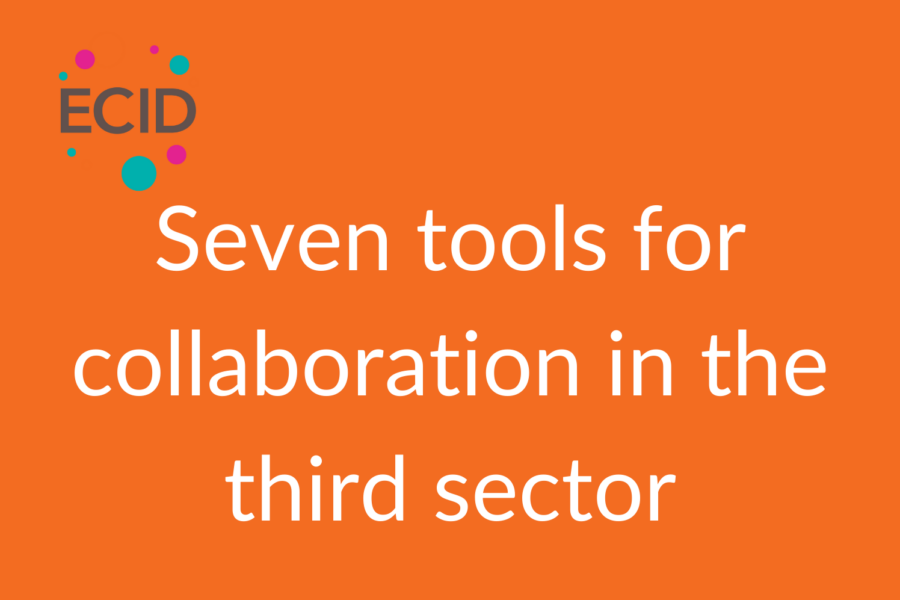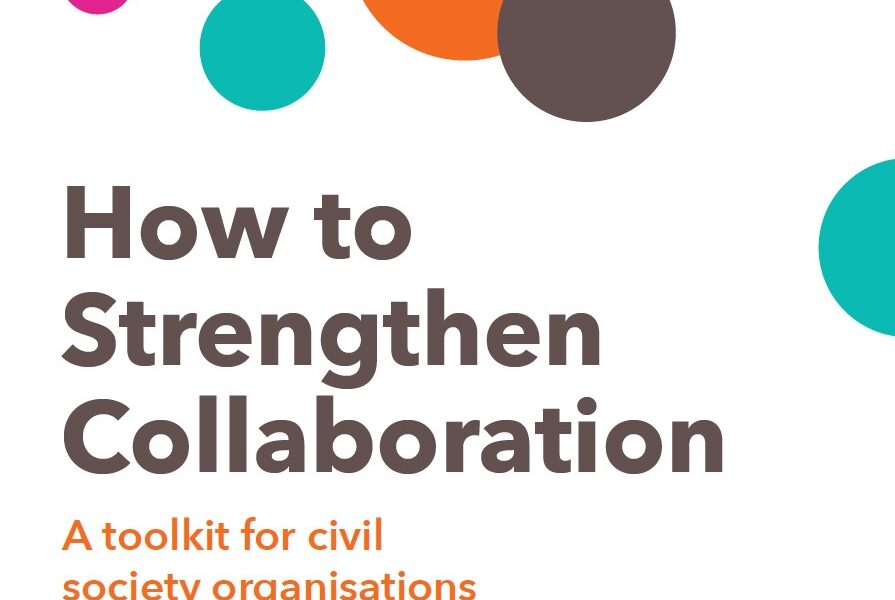Reflections from ECID community reporters
As the ECID programme draws to a close, our community reporters are asked to reflect on their experiences of the programme and their role. Many report positive changes in their community through ECID, for example reductions in child marriage due to knowledge shared through the child protection committees, and local councils improving access to vital…

